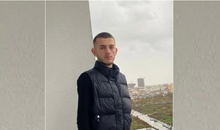
 Flash News
Flash News
Suspected of being murdered, photo emerges of 23-year-old found dead in Shkopet lake
Theth action, resident in tears: I built on my land with my life's expenses, the state should not destroy it
Directors targeted! After Fier and Durrës, Rama arrives in Elbasan
Name/Identification of the 23-year-old found dead near Shkopet Lake
IKM action in Theth, residents come out in protest
Edi Rama, the dirty trick of the Albanian Prime Minister. How did they get 224 thousand m2 of land

The Democratic Party has denounced today that Prime Minister Edi Rama together with his brother, as heirs of the Koleka tribe, have benefited from an area of 22.4 hectares of property in Vuno.
Secretary for Legal Affairs Ivi Kaso says that the uninvested value is estimated at no less than 30 million euros and the invested value up to 150 million euros.
About these facts, the day before Himara.gr writes that: A large land in one of the most picturesque and commercial areas in Albania, the birthplace of Edi Rama, falls through dark and suspicious procedures into the hands of his relatives.
According to the reports of Himara.gr, it is revealed how 224 square kilometers of land in Himara fell into the hands of the extended family of the Albanian Prime Minister, raising serious doubts about how the Albanian authorities have handled this issue.
In 2019, the Court of Appeal of Avlona issued a controversial decision, awarding the heirs of the Koleka family, Rama's relatives, an area of about 224 square kilometers in Vouno (the village in Himare where Rama originates). Specifically, the land was given to Petros Kolekas, Rama's maternal grandfather, and Spyros Kolekas, his maternal uncle.
The case started when Eno Koleka, Rama's son, and his cousin, Endrit Koleka, appealed the decision of the Asset Management Agency (ATP). ATP, on March 30, 2017, rejected the Kolekas family's request for recognition of their rights over the concrete land. But in 2019, an appeals court overturned that decision, awarding the property to the family.
It is important to note that the process appears to have taken an unusual and potentially controversial course. During the trial, the relevant state agencies, such as ATP and ZVRPP (Land Control and Management Area), which had initially rejected the Kolekas family's request, did not appear in court to defend their decisions. This absence, which seems strange, made the legal process take place without the necessary resistance from the state, bringing the court's decision in favor of the heirs of the Koleka family.
This development raises important questions about the integrity of the process. The lack of presence of state actors in court reinforces suspicions of deliberate inaction, which may have paved the way for a favorable decision in favor of the heirs.
Furthermore, the analysis of the case shows that the Kolekas family has benefited from legislative and administrative interventions. In particular, Law 133 of 2015, passed with the support of the Rama government, repealed the previous legal framework and established favorable provisions for real estate compensation. This law provided that, where possible, priority should be given to in-kind compensation to owners, i.e. the return of land, rather than monetary compensation. This prediction seems to have favored the Kolekas family, as the land on the Mountain was claimed as free and thus available to return to the heirs.
But legislative interventions did not stop there. After the adoption of the law, the Rama government issued a series of decisions that regulate the details of the compensation process. These decisions seem to have further favored the Kolekas family, facilitating the process of recognizing their rights over the land.
In particular, government decisions included provisions defining criteria and procedures for compensation and property restitution.
For example, AKR 222 of 2016 and its subsequent amendments established the framework for the recognition of property rights, while at the same time repealing the previous provisions that were stricter regarding the recognition of property rights.
The fact that state agencies that were supposed to protect the public interest failed to do so, allowing the process to evolve in favor of the Koleka family, is more disturbing. These decisions, combined with the inaction of state bodies during the trial, create the impression that there was a concerted effort to benefit the prime minister's family.
This issue has sparked a debate in Albania, where many of them have demanded a full investigation into whether there was a misuse of power or a misuse of the process to benefit the Rama family.
Latest news

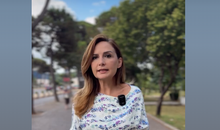
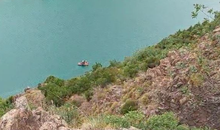
Found dead in Shkopet Lake, 23-year-old has injuries to his throat
2025-07-09 10:41:39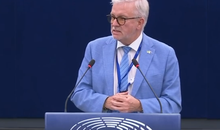
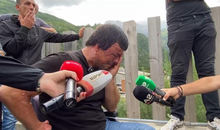

Hoxha: We will have a parliament that will surpass any comedy program!
2025-07-09 10:10:32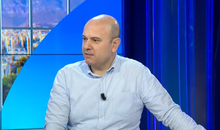
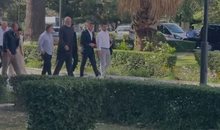
Directors targeted! After Fier and Durrës, Rama arrives in Elbasan
2025-07-09 09:53:57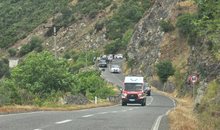
Name/Identification of the 23-year-old found dead near Shkopet Lake
2025-07-09 09:42:34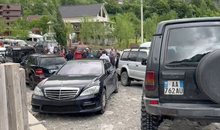
IKM action in Theth, residents come out in protest
2025-07-09 09:34:54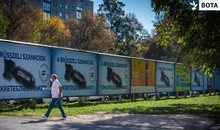
Reasons why the EU has not imposed new sanctions against Russia
2025-07-09 09:18:35
DW: Online scams increase human trafficking
2025-07-09 09:01:29

Reported missing by his father, 23-year-old found dead near Shkopet lake
2025-07-09 08:42:13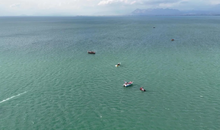

Horoscope, what do the stars have in store for you today?
2025-07-09 08:25:44
Sun and rain, Wednesday with unstable weather
2025-07-09 08:06:58
Posta e mëngjesit/ Me 2 rreshta: Çfarë pati rëndësi dje në Shqipëri
2025-07-09 07:52:02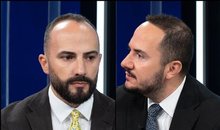

Tabaku: Salianji bore a political cost that no one in Albania has borne
2025-07-08 22:36:15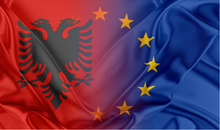


Sekretet për të shijuar verën si një ‘profesionist’
2025-07-08 21:45:06

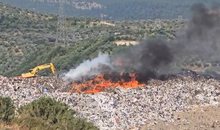
Albania's Waste Crisis: Toxic Smoke and Deep Governance Problems
2025-07-08 21:13:07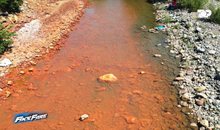
Alarming pollution in Fushë-Arrëz, copper factory waste turns the Fan River red
2025-07-08 21:07:14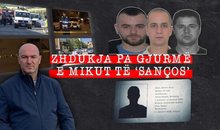

Poll/ How do you assess the Prime Minister's intervention in local government?
2025-07-08 20:40:01
28 arrested in Italy and Spain for drug trafficking, including an Albanian
2025-07-08 20:24:14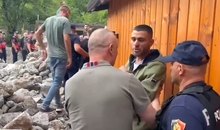
Residents clash with police in Theth: We are on our land
2025-07-08 20:11:41
Death of 27-year-old in Lipjan, Osmani: To be investigated independently!
2025-07-08 20:06:52
Trump promises US will send more weapons to Ukraine
2025-07-08 19:54:25
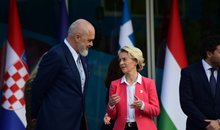
EU targets health, education, police and cadastre as areas of corruption
2025-07-08 19:23:34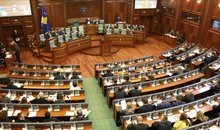
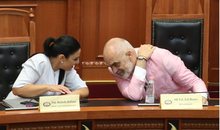
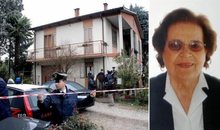
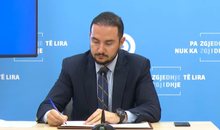

Salianji after his return: I did not oppose for functions, but for vocation
2025-07-08 18:23:15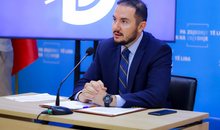
Will he run in the 2029 elections? Here's how Salianji answers
2025-07-08 18:16:09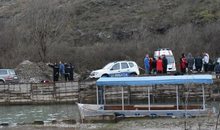
Boat captain drowns after diving into water to save two tourists in Shkodra
2025-07-08 18:05:12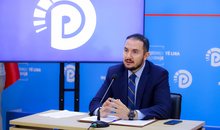
Salianji from the DP headquarters: I brought a drug trafficker to justice
2025-07-08 18:03:26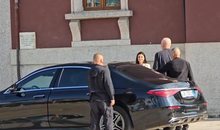
After Fier, Rama "landes" in Durrës, dismissals expected
2025-07-08 17:53:32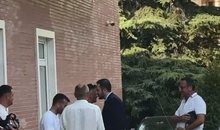
Ervin Salianji arrives at the blue headquarters, welcomed by supporters
2025-07-08 17:45:12
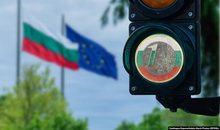
EU approves final steps for Bulgaria's Eurozone membership
2025-07-08 17:43:06
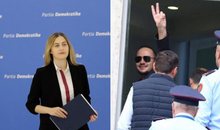
Zhupa after Salianj's release: Inspiration for every opposition member
2025-07-08 17:19:39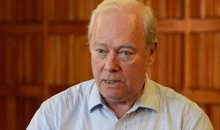
Actor David Killick passes away
2025-07-08 17:09:23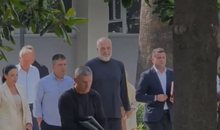
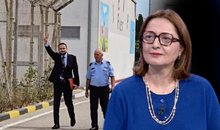

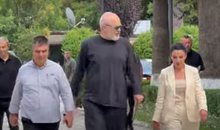
Threatened with dismissals, Rama arrives at the Fier municipality
2025-07-08 16:39:19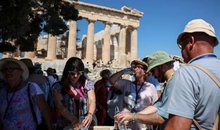
Extreme temperatures temporarily close Acropolis in Greece
2025-07-08 16:30:34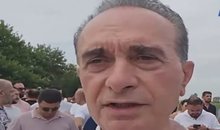
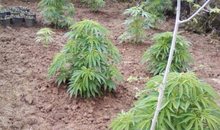
A plot of cannabis is discovered in Mazha, Kruja
2025-07-08 16:13:48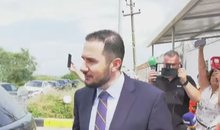

Republika Srpska allocates additional 22 million euros for lobbying in the US
2025-07-08 15:52:04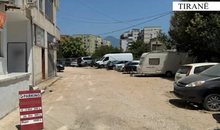

Spices that protect you from mosquitoes!
2025-07-08 15:30:03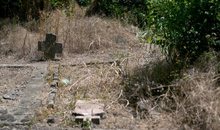

Accident on the Vlora-Qeparo axis, one injured
2025-07-08 15:11:52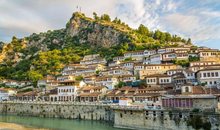
Berat, 17 years part of UNESCO's world heritage
2025-07-08 15:03:30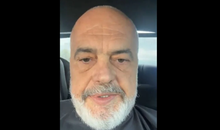
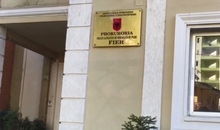

Cost of living increases, inflation rises to 2.4% in June, driven by food
2025-07-08 14:29:54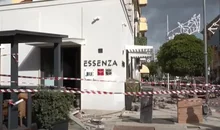
VIDEO/ Restaurant roof collapses in Italy, one victim and ten injured
2025-07-08 14:18:44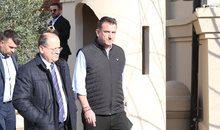
Requested release from cell, Supreme Court leaves Veliaj in prison
2025-07-08 14:07:41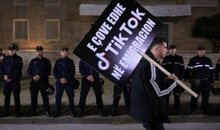
TikTok shutdown/ Austrian media: Rama benefited politically from the app ban
2025-07-08 13:48:25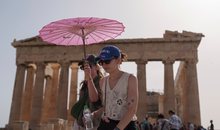
Acropolis temporarily closed due to heat
2025-07-08 13:31:09
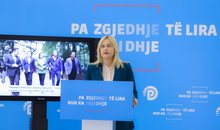
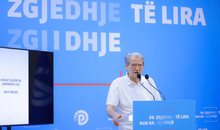
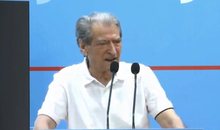
Salianj's release/Berisha: He was politically condemned by Rama and Xhafa!
2025-07-08 13:00:13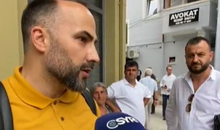

Knife attack on Peshkopia Boulevard
2025-07-08 12:44:10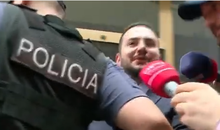
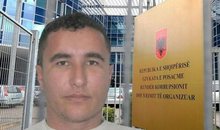
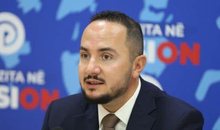
Fier Court decides on the conditional release of Ervin Salianj
2025-07-08 12:15:23
Cost of living increases, inflation rises to 2.4% in June due to food
2025-07-08 12:00:16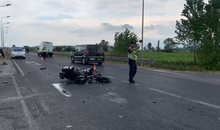
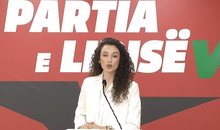
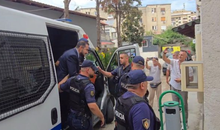
Requesting conditional release, Ervin Salianji arrives at the Fier Court
2025-07-08 11:16:36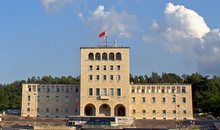
The first phase of university applications begins today
2025-07-08 11:10:52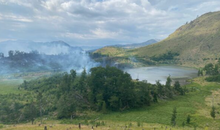
Fire in Lura, flames endanger the National Park
2025-07-08 10:53:43
Trump warns of 35% tariffs on Serbia and 30% on Bosnia and Herzegovina
2025-07-08 10:37:32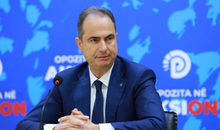
Thethi rooster and the dung cock
2025-07-08 10:24:01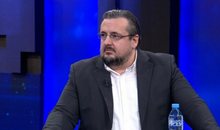
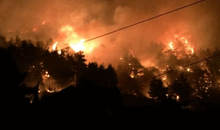
Fire in Dukat endangers Llogara National Park
2025-07-08 10:01:39
International drug search: 36-year-old arrested in Durrës (NAME)
2025-07-08 09:50:48
Thethi, tourists "criticize" modern trend
2025-07-08 09:39:54
Fire on Mount Dukat still active, Llogara National Park at risk
2025-07-08 09:28:12
Veliaj's appeal to be heard today in the High Court
2025-07-08 09:16:02
"Bad sign for democracy"/ Parliament neglects reporting by institutions
2025-07-08 09:04:56
Today's hearing at the Fier Court, Salianji requests conditional release
2025-07-08 08:56:39
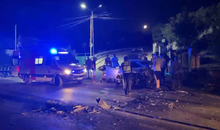

Horoscope, what do the stars have in store for you today?
2025-07-08 08:16:19
